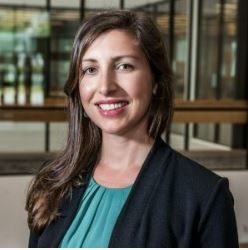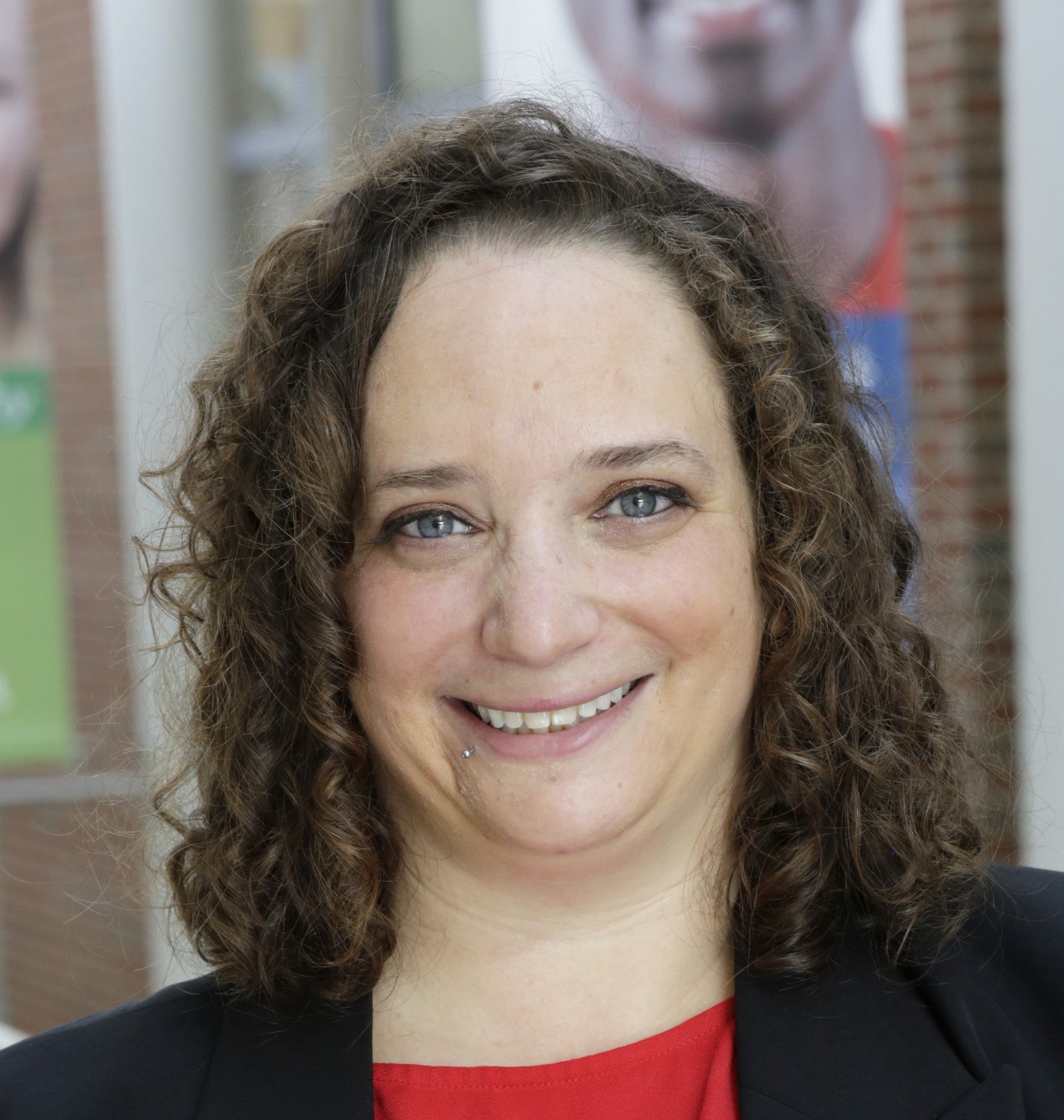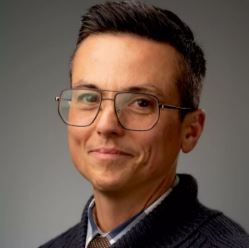
DEISJ Curriculum Development Certificate Program
Intended Audience
Sponsored by the SUNY Center for Professional Development (CPD)
Learning Objectives
- Design and teach courses in their discipline that meet the SUNY DEISJ general education requirements. To achieve this learning outcome, participants will
- Understand how the DEISJ LOs intersect with their disciplinary LOs;
- Create course learning outcomes, selecting appropriate content, and creating effective assignments and assessments; and
- Develop strategies to help students engaged with the content and achieve the DEISJ LOs.
- Understand how the DEISJ LOs intersect with their disciplinary LOs;
- Understand and articulate the key terms, research, and scholarly conversations in the content areas related to the SUNY DEISJ learning outcomes. These include the following:
- Historical and contemporary societal factors that shape the development of individual and group identity involving race, class, and gender;
- The role that complex networks of social structures and systems play in the dynamics of power, privilege, oppression, and opportunity; and
- The relationship between principles of rights, access, equity, and autonomous participation to past, current, or future social justice action.
- Historical and contemporary societal factors that shape the development of individual and group identity involving race, class, and gender;
- Reflect critically on how the instructor’s own background shapes their approach to helping students learn about DEISJ
Program Completion Requirements
To earn the DEISJ Certificate, participants must complete three courses. Digital badges will be awarded for each individual course as well as an overall completion digital badge.
2026 Course Dates
Summer/Fall
-
- Course 1: Foundational Concepts in DEISJ May 12 – June 22, 2026
- Course 2: Select Topics in DEISJ June 23 – August 3, 2026
- Course 3: Building your DEISJ Curriculum September 22 – November 2, 2026
Course 1: Foundational Concepts in DEISJ
Instructors: Lauren Diamond-Brown
Course Description: The purpose of this course is for participants to gain the tools necessary to design their courses to meet the SUNY General Education Diversity, Equity, Inclusion, and Social Justice (DEISJ) student learning outcomes. The course utilizes a social justice education framework, an approach that emphasizes a critical understanding of how inequality operates and how actors can create positive social change towards a more equitable and inclusive society. The course explores topics such as implicit biases, intersectionality, and institutional inequality.
Learning Outcomes:
Upon successful completion of the course, participants should be able to do the following:
- Define, describe, and analyze topics related to the SUNY DEISJ Gen Ed student learning outcomes including these:
- The historical and contemporary societal factors that shape the development of individual and group identity involving race, class, and gender;
- The role that complex networks of social structures and systems play in the creation and perpetuation of the dynamics of power, privilege, oppression, and opportunity;
- The principles of rights, access, equity, and autonomous participation to past, current, or future social justice action;
- Begin to apply these concepts & theories to developing the curriculum for a DEISJ course.
Course 2: Select Topics in DEISJ
Instructors: Milo Obourn
Course Description: This course offers a “deeper dive” into several areas of DEISJ content. Because there is so much to cover and participants have diverse interests and preexisting knowledge bases, this course offers three “tracks” all leading to the same final projects—1. a class exercise or assignment and 2. an annotated bibliography for a course you might like to teach in your area of study. Our tracks follow the DEISJ general education outcomes to some extent focusing on 1) Gender, Race, Class and their Intersections; 2) Equity as a concept directly tied to systems of Power that create and recreate Oppression and Privilege; and 3) Diverse models of Social Justice Formations in theory and action.
Learning Outcomes:
Upon successful completion of the course, participants should be able to do the following:
- Articulate how issues related to “gender,” “race,” “class,” and “intersectionality” OR
“equity vs. equality,” “equity and power,” and “equity and material justice” OR “social
justice,” “principles of rights,” and “access and accessibility” shape and inform your
curriculum. - Identify, describe, and discuss diverse approaches to teaching gender, race, and class OR
principles of equity OR social justice movements. - Understand, identify, and analyze the historical and current social constructions of race,
class, and gender OR historical and current debates about equity OR historical and
current formations of social justice movements. - Revise elements of a current course or develop resources for a new course related to:
societal factors that shape the development of individual and group identity involving
race, class, and gender OR the role that complex networks of social structures and
systems play in the creation and perpetuation of the dynamics of equity, power,
privilege, oppression, and opportunity OR the principles of rights, access, equity, and
autonomous participation and their relation to past, current, or future social justice
action.
Course 3: Building Your DEISJ Curriculum
Course Description: Participants will, through reflective exercises and guided conversation, revamp an existing course or create a new one to fulfill DEISJ SLOs. In this course, participants will use the broader DEISJ context they have examined in the previous two courses to re-see their own disciplinary content.
Learning Outcomes:
Upon successful completion of the course, participants should be able to do the following:
- Design or redesign one or more courses in their discipline that meet the SUNY DEISJ general education requirements. Courses should demonstrate:
- how the DEISJ LOs intersect with their disciplinary LOs;
- appropriate course learning outcomes, content, effective assignments, and assessments; and
- strategies to help students engage with the content and achieve the DEISJ LOs.
- Reflect critically on how their own background shapes their approach to helping students learn about DEISJ.
Course Pricing
CPD Member
$300 Per Course
Discounted course pricing when registering for three courses at one time
$260 per course
Non-CPD Member
$350 Per Course
Discounted course pricing when registering for three courses at one time
$310 per course
Non-SUNY
$400 Per Course
Discounted course pricing when registering for three courses at one time
$360 per course
Group Discounts Available
Additional discounts are available to groups of the following size attending the same program:
- 5-9 people = 10% discount
- 10-19 people = 15% discount
- 20-29 people = 20% discount
Please send your group request to cpdinfo@suny.edu at least 30 days prior to the start of the course/program.
How to Pay
Available payment methods are:
- Credit Card (Mastercard or Visa)
- CPD General Points
- SUNY Online+ Points
- Campus Check
- Journal Transfer
CPD General/Technical Points: To pay with CPD General or Technical Points, your campus must be a CPD Member. Check if your campus is a member. It is the responsibility of the registrant to determine if enough points are available to use BEFORE completing the registration process. Please contact your Campus Points Contact to determine points eligibility. If points are denied, the registrant is responsible for the payment.
SUNY Online+: To pay with SUNY Online+ Points, you must receive prior approval and you must submit a request via the SUNY Online+ CPD Points Approval Form
Campus Check: Prior campus approval is required. Make check payable to SUNY Center for Professional Development. Mail to SUNY CPD at the address below.
Journal Transfer (State Operated Campuses Only): Prior campus approval is required. An account number with authorizing signature for Journal Transfers is required within 48 hours. You must print and return the invoice that is included with the registration confirmation email.
Important: FULL payment is required 30 days from the date of registration. For more information click CPD Payment Terms and Conditions.
Meet the Instructors

Lauren Diamond-Brown

Chloe Diamond-Lenow

Milo Obourn
Contact Us
The SUNY Center for Professional Development (CPD) supports a wide range of professional development opportunities for the academic, technical, and leadership communities across the SUNY System.